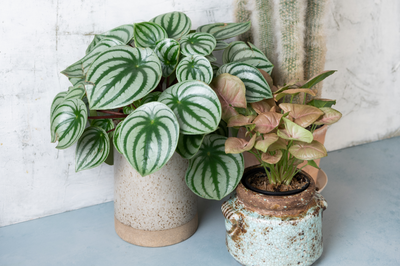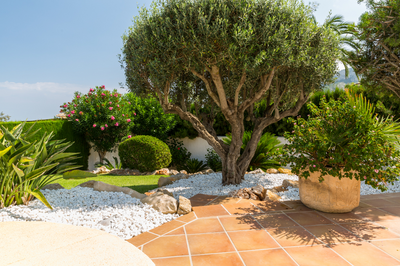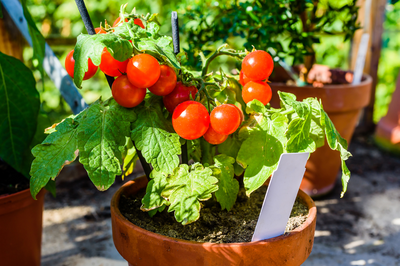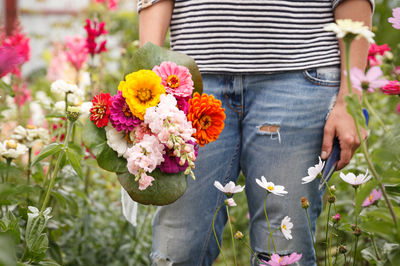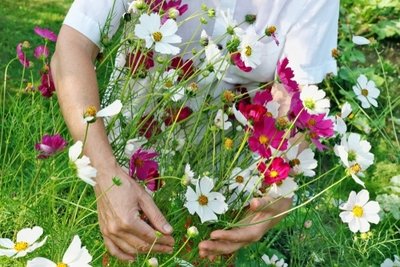
Anne Wareham isn’t a ‘conventional’ gardener. In fact, she writes and reports anything other than what you would expect to hear from someone with a beautiful garden in the Welsh borders. Anne can be quick to provoke discussion and challenges thoughts and ideas about gardens and gardening. Self-named as the ‘Bad Tempered Gardener’, here are some points we can learn from Anne, who looks beyond the norm.
Lesson 1: you don’t have to love gardening to enjoy gardens
Anne has actually been quoted as saying ‘its relentlessly boring, repetitive, back-breaking work that no one in their right mind could really enjoy’. Her reference is of course to gardening which isn't at all what you would expect to hear. Anne has a garden which has evolved over the years and is seen as a work of art, so it’s a huge surprise to hear her say she doesn't actually like ‘doing’ the gardening. This gives non-gardeners some hope! If you don't like gardening, that doesn't mean you can’t have a lovely garden. It is hard work but if you have the end goal in mind, you can make it happen.
Lesson 2: according to Anne, gardens have to been seen as a work of art
Even though Anne doesn't like gardening, she does love a garden - very much. Horticulture is all about plants and the wellbeing benefits of gardening but for Anne, it’s all about the end product, which is a work of art. If you garden in a way that holds the end product in sight as designed to delight and inspire, working with the land and all of the seasons, that is the whole point. Gardens are creative yet not seen along the same lines as painting or sculpting. Enjoy your garden as a work of art and you may see it in an entirely different light.
Lesson 3: double digging isn't worth it
Double digging is a technique which is generally taught to help gardeners increase soil drainage and aeration. Double digging can be back-breaking work as it means loosening two layers of soil, a layer is a spade size deep, and adding in organic matter. It’s often used in newer gardens or allotments. Anne vehemently dislikes this practice and says it is no good for the soil as it ruins the structure and isn't necessary. More recently research may just agree with that stance.
Lesson 4: you don't have to do all the scheduled jobs in the garden
Anne confesses there are many things she doesn't do in the garden. So next time you are worried about not getting something done, check out this list of what Anne doesn't do:
- Wash pots
- Edge the grass
- Grow her own vegetables
- Dig or graft
- Clean her greenhouse
If you are ready to look at your garden like a piece of art, come into our store and see if we can help you find the perfect look!

